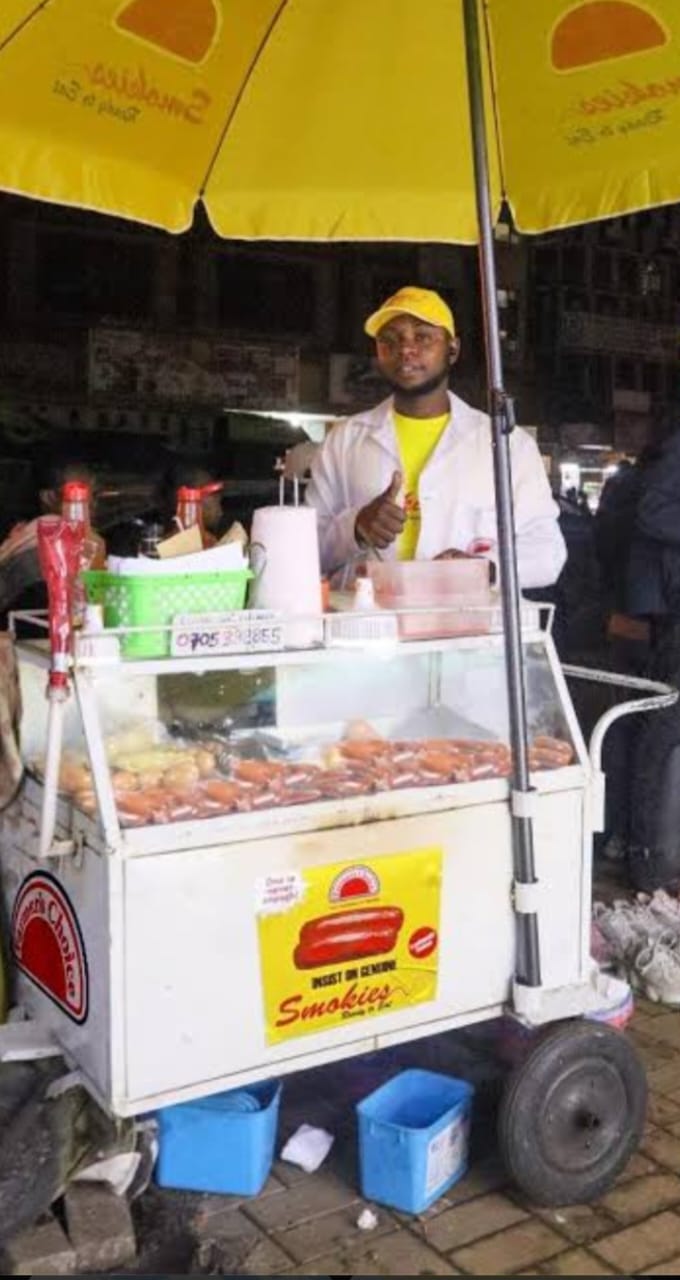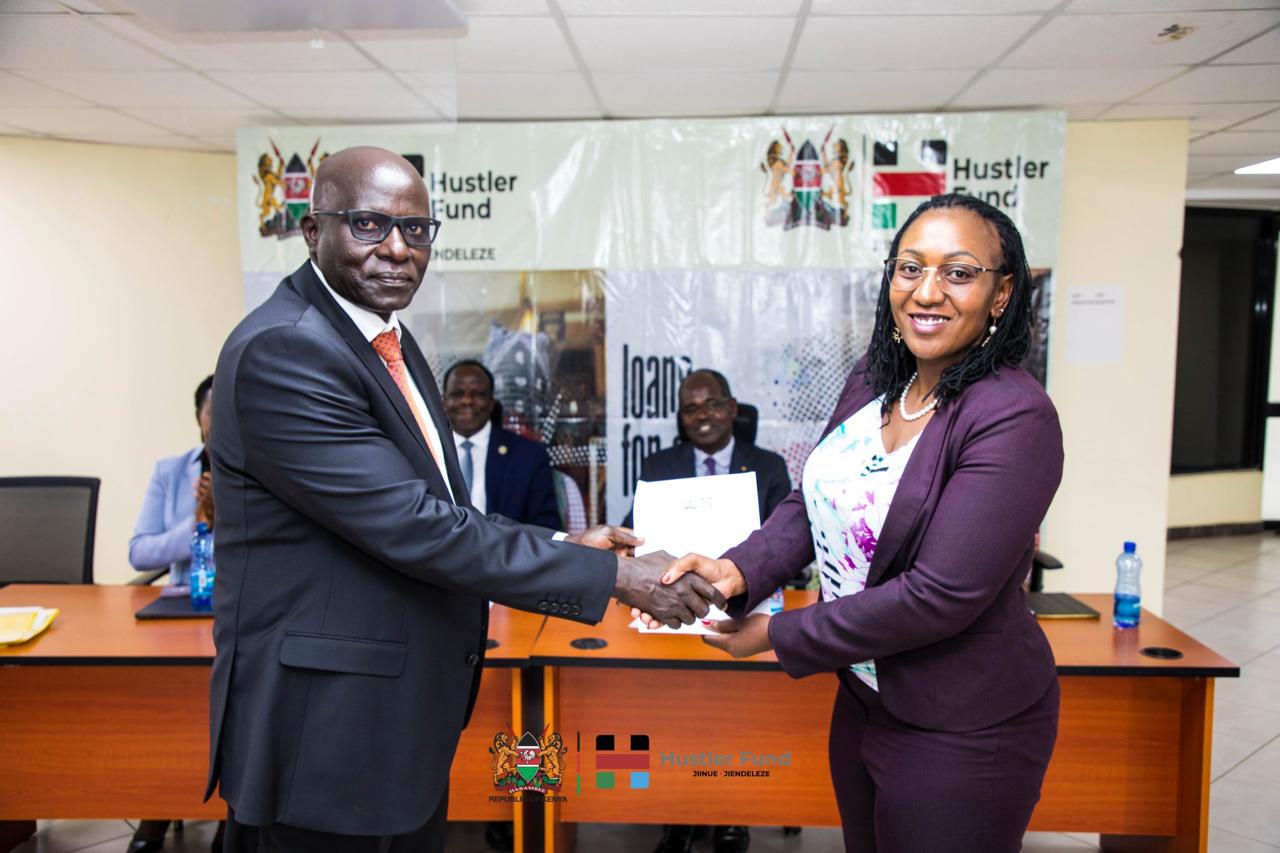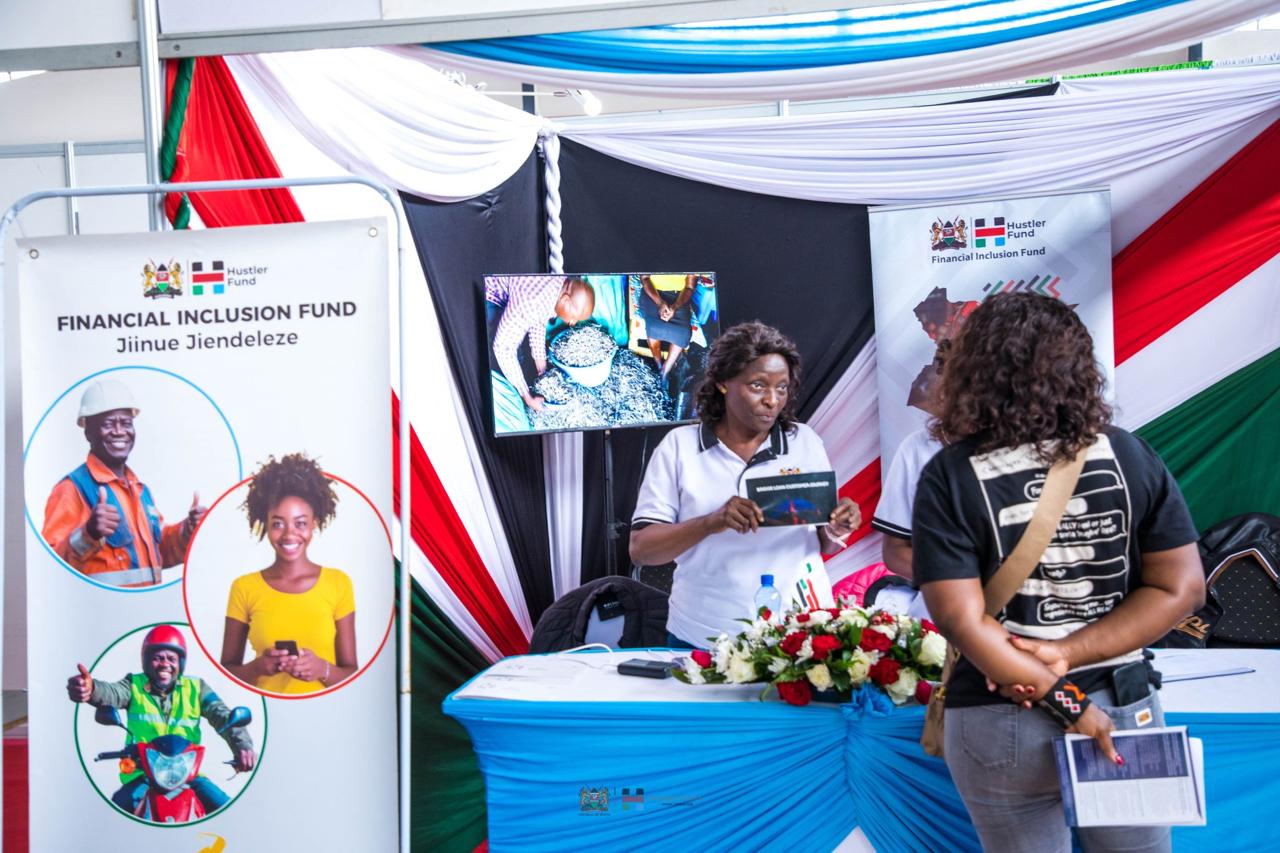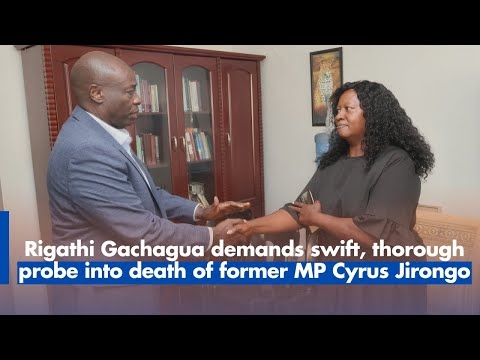

Football derbies between Manchester United and Arsenal
Football Clubs are usually crowd-pullers, only rivalled by Manchester City FC
when it comes to the English Premier League.
In Kenya, contests between Arsenal and Manchester United,
simply known as Man-U, are even more contentious as the fans cheer their teams
on TV screens, not bothered by the fact that their cheering is not heard by the
players.
A loss by either side leaves the majority of Kenyan fans
disappointed and at times heartbroken, despite their long distances from the
playing fields. What is their motivation? One wonders.
Most of them are driven by sheer love of watching football
matches, while others are there to track bet predictions they normally place in
favour of either Arsenal, Man-U, Manchester City or other football clubs.
A case in point is that of a small business owner, Mr.
Domenic Nzioki.
Nzioki, 25, who resides at Nairobi’s Kasarani estate and is
a ‘smokie’ and boiled eggs hawker, was recently found by this writer lamenting
how much loss he had suffered from putting a stake in one of the betting sites.
The poor Nzioki looked haggard, devastated, and completely
heartbroken from the results of his unfavourable prediction.
Full of regrets, he explained how he lost Sh42,000, which
could have helped him advance his small business and attain more money to
increase the number of ‘smokie’ trolleys as per his dream.
“I could have bought tomatoes and onions to spice up the
‘kachumbari’ and even purchased ‘choma’ (barbeque) sauce as well as chilli
sauce. Now that the money is gone, how will I be able to do that?” Nzioki wept.
But, all of a sudden, the young Nzioki was all glows and
shouted: “Hurrah! Come to think of it.” On enquiring whether the results had
been overturned by a different bet, the young man said he had just thought of
Hustler Fund as his fallback plan and sought to know from this writer the
procedure of accessing money from it.
Through the equalisation fund, the government has provided a
solution for all micro, small and medium enterprises to begin and stay afloat
in their businesses without going for predatory lenders or betting companies
for survival.
The Micro, Small and Medium Enterprises (MSMEs) form the backbone of Kenya’s economy, contributing significantly to employment, innovation and income generation.

It is in government records that MSMEs account for over 80
percent of employment outside the formal sector and contribute roughly 33–40
percent of Kenya’s Gross Domestic Product (GDP).
For years, the MSME sector has faced persistent challenges
such as limited access to credit, inadequate financial infrastructure,
informality, and inadequate skills and business support.
These barriers have historically hindered small businesses’
growth and sustainability, just like that of Nzioki, as the players lack the
capacity to remain independent and fund their businesses to exponential growth.
The Hustler Fund was set up and rolled out in November 2022
with the aim of addressing these challenges by expanding access to affordable
and inclusive financing for individuals and informal businesses that are
typically excluded from the mainstream financial system.
Through mobile-based micro-loans, savings, and eventual
pension and insurance products, the Hustler Fund aims to empower millions of
people, particularly those in the lower-income brackets, by promoting financial
inclusion, responsible borrowing, and enterprise growth.
From this scenario, it is evident that President William
Ruto’s aspiration of transforming the MSME economy to absorb the young Kenyans
joining the workforce and grow operational surplus for workers is a success
story because most youth are now independent and advancing their businesses
significantly.
When the Hustler Fund was rolled out, it only addressed
urgent needs which were access to affordable, collateral-free credit because
small-scale traders such as boda boda operators, mama mbogas, and artisans
were, before then, at the mercy of fintechs and shylocks alongside other
unregulated digital lenders who charged them exploitative interest rates and
illegal penalties.
Aware of these borrowers’ challenges, the government in
extension rolled out a nationwide financial literacy programme to help them
understand the fundamentals of borrowing from registered lenders (those
registered with the Central Bank), how to manage their money well through
record keeping, and how better to grow their businesses.
Community outreach through local leaders and SACCOs was
maximised to ensure that even in remote areas, citizens could access both
financing and mentorship.
By 2024, the Hustler Fund had moved from simply offering
individual microloans to supporting organised groups and registered
enterprises.
New products were introduced, targeting youth and women
groups, cooperatives, and startups with proven growth potential.
The aim was no longer just to support survival but to enable
scaling up, turning roadside stalls into shops and side hustles into fully
developed businesses.
In the same year, an MSME Credit Guarantee Scheme was
established, allowing banks and other financial institutions to lend to small
businesses with reduced risks while still maintaining commercial standards.
The Ministry of Cooperatives and MSME Development became
increasingly active in creating conducive ecosystems for business growth.
Through county-based MSME hubs, entrepreneurs have gradually
gained access to shared workspaces, internet connectivity, product development
services, and government procurement opportunities.
From November 2022 to September 2025, the Hustler Fund has
evolved from a simple financial lifeline into a transformative national
movement fueling a growing culture of entrepreneurship and financial inclusion.
As the Kenya Kwanza administration crosses the third year, the Hustler Fund has matured into more than a financing tool; it has become the cornerstone of a broader economic empowerment strategy.

The strategy has seen the government launch the MSME Market
Access Initiative, opening up regional and international markets for Kenyan
products, especially those crafted by small manufacturers and cooperatives.
Digital training programmes have empowered entrepreneurs to
move their businesses online, improving efficiency, visibility, and customer
reach.
The administration’s push for digital inclusion has also
ensured that even the smallest enterprises are now part of Kenya’s digital
economy.
A key feature of the third year has been the government’s
investment in tools of trade.
Through various public-private partnerships, the Jua Kali
sector has received modern equipment, protective gear, and support in product
standardisation.
Artisans are now able to produce goods that meet industry
and export standards, and many are benefiting from direct government orders for
furniture, school desks, and construction materials.
This demand-driven approach has increased job creation and
given dignity to work traditionally associated with informal labour.
Today, 26.5 million Kenyans are subscribed to the Hustler
Fund either individually or in groups.
Women account for more than half of the beneficiaries, while
youth-led businesses have experienced notable growth.
The informal sector is slowly shedding its invisibility,
with many small businesses transitioning into the formal economy, acquiring
credit histories, and even registering for taxation.
President Ruto’s vision to create a bottom-up economy has
taken root as the focus shifts from dependency to productivity, and from
short-term survival to long-term enterprise development.
While challenges like high inflation still abound, the
foundation laid by the Hustler Fund and accompanying MSME policies are proving
resilient.
The government’s continued investment in this space signals
a long-term commitment to ensure that no Kenyan is left behind in the journey
toward shared prosperity.
As the country looks ahead to the fourth year of the
administration, one thing is clear: the hustler economy is no longer a slogan.
It is now a structured and evolving pillar of Kenya’s economic transformation.
Oprah Nyaboke works at the Office of Government Spokesperson-Ke.















